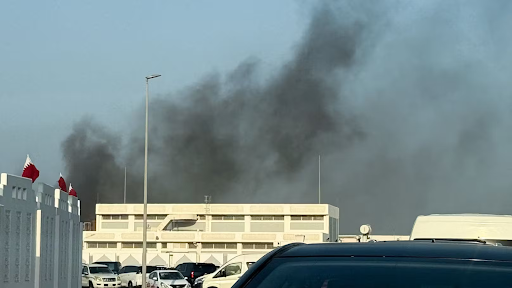Israel’s claim that it took measures to “mitigate harm to civilians” during its strike in Doha is facing intense scrutiny, as any attack in a dense urban capital inevitably puts innocent lives at risk. The use of “precise munitions” is the cornerstone of Israel’s defense, but critics argue that precision weapons do not eliminate the inherent dangers of urban warfare.
The Israeli military stated it used “additional intelligence before the strike” to ensure the targets were isolated. This is standard procedure for such operations, aimed at minimizing collateral damage and adhering to the principle of distinction in international humanitarian law. The goal is to create a narrative of a clean, surgical strike against legitimate military targets.
However, the reality of explosions in a city like Doha is that civilians are always in the crosshairs. The risk of misidentification, intelligence errors, or secondary explosions is ever-present. Furthermore, the psychological impact of such an attack on the civilian population—the terror and fear it instills—is a form of harm that precision munitions cannot mitigate.
Qatar’s condemnation of the attack as “cowardly” reflects this view, suggesting the act itself, regardless of its precision, was an unacceptable endangerment of its people. The debate over this strike will hinge on whether one focuses on the claimed precision of the weapon or the inherent recklessness of using it in a city that is not an active war zone.

